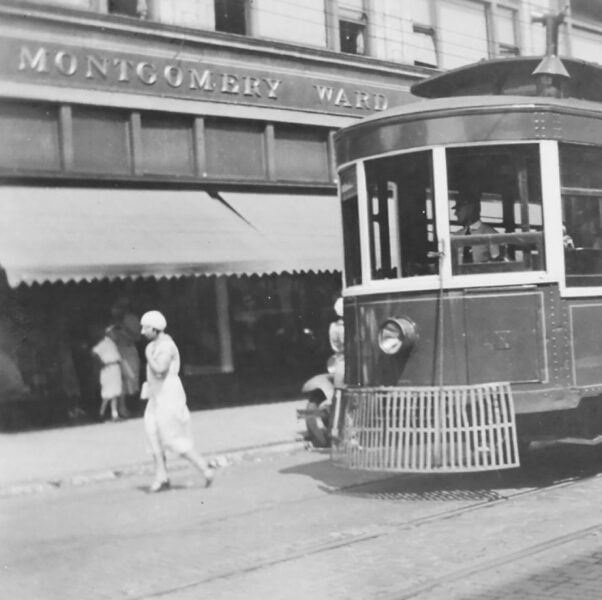“Terminal cancer.”
At only 34 years old, that was the last diagnosis I expected to hear from my doctor. For years, the mild symptoms I began experiencing in 2019 were easily written off as bad hangovers, long days at work, and a lactose intolerance.
But it wasn’t the food I was eating or the stress at work making me sick. It was a tumor in my colon, which eventually metastasized to my liver over the course of several years. That’s how colon cancer typically progresses. It’s a slow growing disease that can be treatable if caught early. And as you age, your risk of diagnosis increases exponentially. In my case, an early screening could have saved my life – and there are thousands of others like me who learned of their diagnosis too late.
Fortunately, new tools exist to catch cancer in its earliest stages, giving patients a fighting chance at survival. Multi-cancer early detection (MCED) tests can identify multiple cancer types including colon cancer with a simple blood sample before symptoms even appear. While colon cancer has a recommended screening starting at age 45, many other cancers do not. In fact, research shows that over 70% of cancer-related deaths come from cancers for which there are no commonly available screenings.

MCED tests are a game changer for those patients. But there is a significant roadblock standing in the way. Currently, outdated Medicare policies prevent new screening technologies from reaching the people who need them most. The Nancy Gardner Sewell Medicare Multi-Cancer Early Detection Screening Coverage Act would create a pathway for Medicare to cover MCED tests once they receive FDA approval.
This bill has garnered rare bipartisan co-sponsorship from nearly 400 lawmakers and has support from over 550 advocacy organizations. These innovative tests are transforming how cancer is detected and treated, and Kentuckians deserve access to them. After all, the Commonwealth consistently has one of the highest rates of new cancer diagnoses in the nation.
I know all too well what happens when cancer isn’t caught early. For me, a simple, accessible screening option could have been the difference between life and death. Now, despite ongoing chemotherapy, I face a stage IV diagnosis that will eventually take my life. This could have been an avoidable fate and still is for the many patients at risk.
Thankfully, because of Representative Brett Guthrie’s leadership, MCED legislation is gaining momentum. By ensuring these cutting-edge screenings are accessible to Medicare patients, Rep. Guthrie and his colleagues are fighting to bring hope to countless patients in Kentucky and across the nation. But Congress must act now to swiftly pass this bill.
Every day Congress waits, more patients are diagnosed too late—and more families are forced to grapple with the heartbreaking realities of advanced cancer. My story – and my organization Help Kentucky – should serve as a reminder of the importance of early screenings. But it’s up to Congress to ensure Kentuckians can access these lifesaving tests by signing off on the MCED Act.
A cancer diagnosis doesn’t have to end in tragedy. Pass the MCED Act today.
Alex Herring was diagnosed with stage IV colorectal cancer at 34 years old. He is the Founder and Executive Director of HELP Kentucky, an organization promoting colon cancer screenings and accessible tools for those under 45.

















